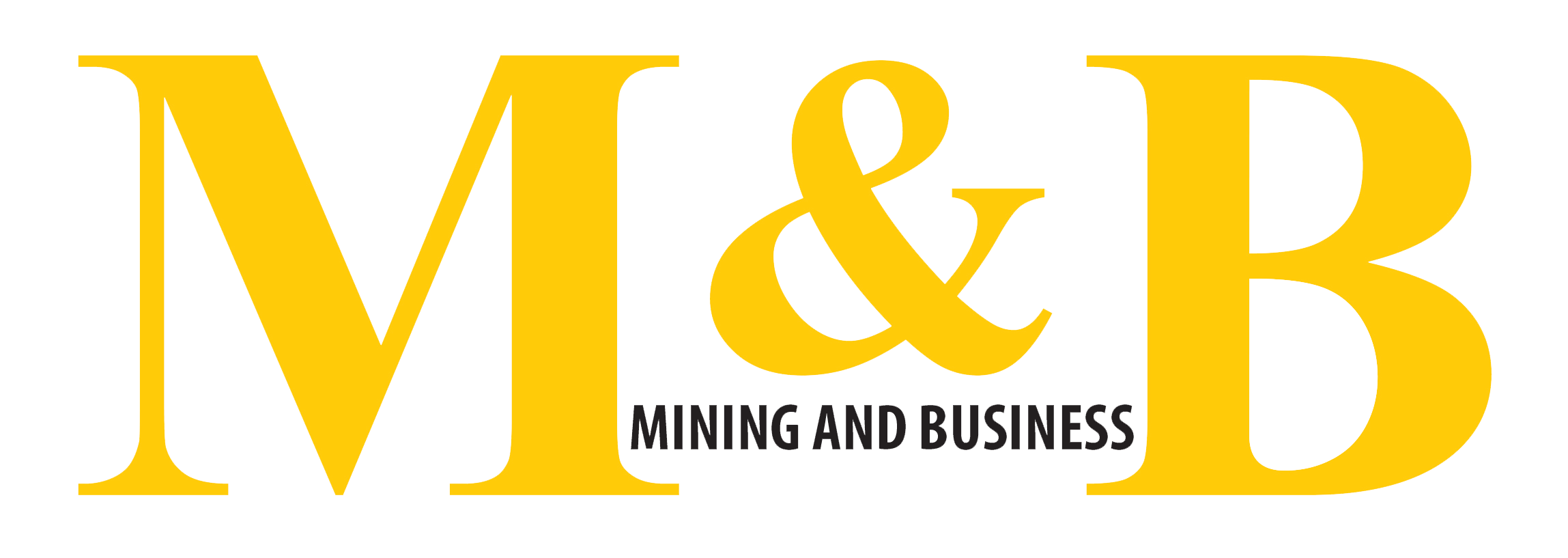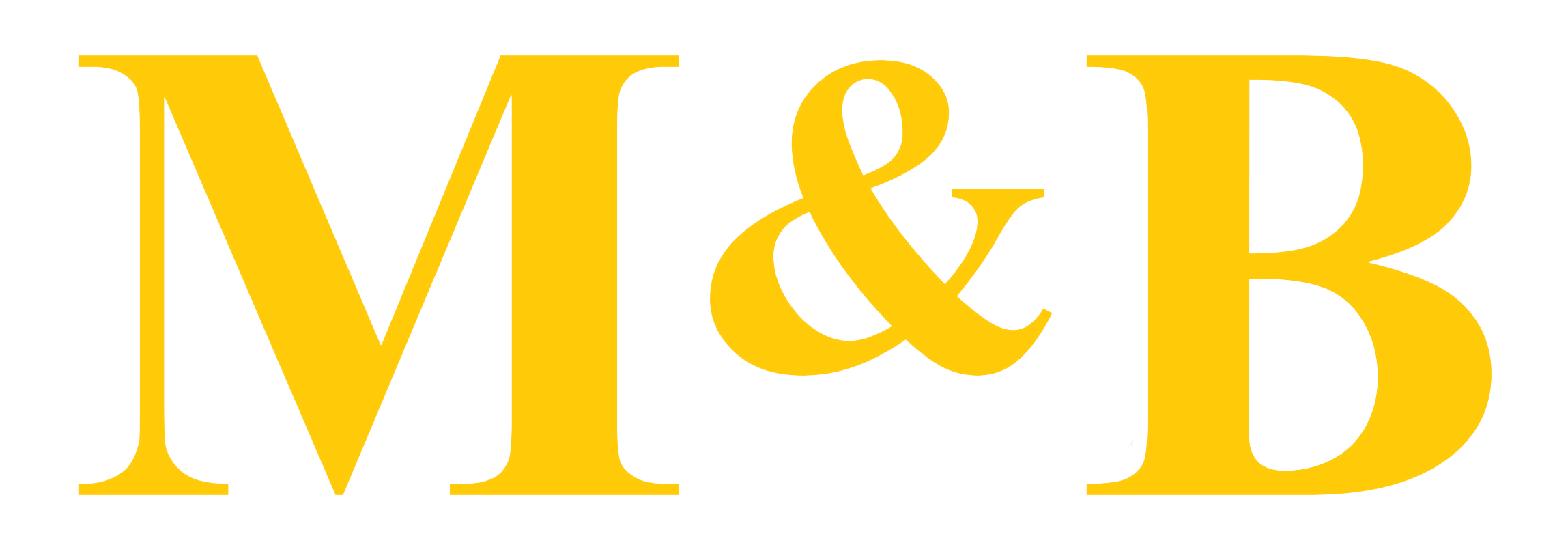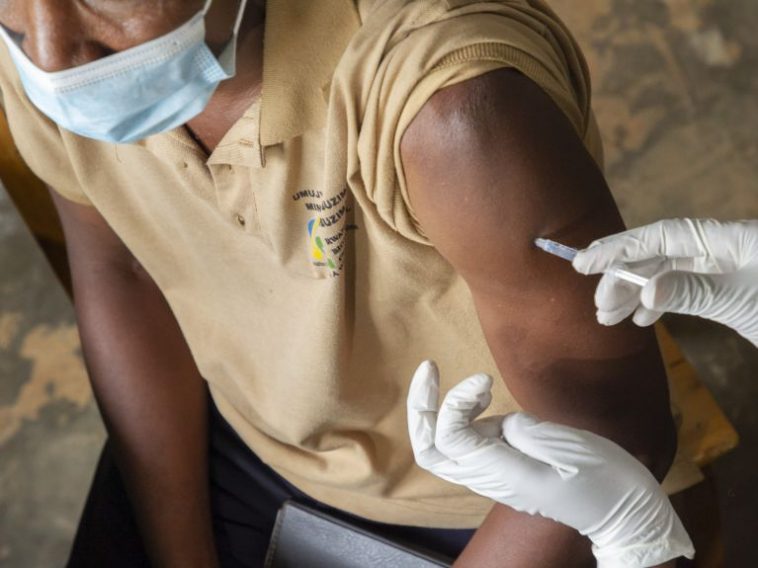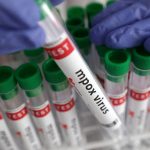Just four years after the outbreak of the Covid-19 pandemic, the Mpox epidemic is a preventable global health emergency, say scientists and public health officials. Since the beginning of 2024, it has killed around 575 people in the DRC, and more than 30 times that number have been infected, according to the latest data from the African Centres for Disease Control and Prevention, published on Sunday. Why, despite the 2022 alert, are governments, the WHO and health organisations not responding?
Mistakes and inaction by governments
Mistakes and inaction on the part of governments, health agencies and scientific research funders have created the ideal environment for the virus to mutate into a strain that spreads more easily between humans. An effective vaccine is said to be available, and the United States has stockpiled millions of doses, but the DRC has still not received anything. Critics claim that the WHO is to blame for the delay in delivering the vaccine.
The DRC has reported almost 20,000 cases this year, including a number caused by a new strain that has infected more than 700 people in neighbouring Burundi. Limited cases have also been reported in Rwanda, CAR, Cameroon, Uganda, Kenya and further afield in Asia and Europe.
More than 15,000 cases of smallpox were reported in the DRC in 2024, and at least 550 deaths were recorded, although many cases remain undiagnosed and untreated. Most of these deaths involve children, some of whom are starving to death because atrocious lesions in their mouths and throats prevent them from eating.
‘The DRC and Africa have a lot of expertise, but they simply don’t have the resources to do the research,’ says David Heymann, Professor of Infectious Disease Epidemiology at the London School of Hygiene and Tropical Medicine, interviewed by Bloomberg.
A rare and (very) expensive vaccine
Faced with the epidemic currently affecting Africa, Bavarian Nordic, one of the few pharmaceutical companies to have a vaccine, MVA-BN, which offers protection against the disease, is working to increase its production capacity.
The company will be able to produce a further 10 million doses by the end of 2025, but there are no orders. Under pressure from Member States, the WHO has asked Gavi to enter into purchase negotiations with Bavarian Nordic, even though approval for the vaccine has not yet been obtained.
The European Union has donated 175,000 doses and Bavarian Nordic a further 40,000 doses. The US government has pledged to donate 50,000 doses of Jynneos from its national stockpile. The DRC could simply buy smallpox vaccine. But the Japanese vaccine is complicated to administer, requiring a rare specialised needle, and the Danish vaccine is expensive. In 2022, Bavarian Nordic was selling it at around $110 a dose. Full vaccination requires two doses.
The WHO is still hesitating, but time is running out…
The WHO has stated that in the two years since the last epidemic, ‘not a single donor has invested a single penny worldwide in the fight against Mpox’. In January, the evolution of the virus led Laurens Liesenborghs, a doctor specialising in infectious diseases, and some of his colleagues to South Kivu, in the east of the country. They discovered an emerging model of human-to-human transmission of mpox. What we saw really surprised me’, says Liesenborghs, “it was a completely different epidemic”.
Three years after the last global smallpox epidemic, the WHO has still not officially approved the vaccines, although the United States and Europe have done so, nor issued an emergency use licence that would speed up access to them, the New York Times reported on Friday 23 August.
‘For twenty years, we haven’t had the means to study the mechanisms of transmission or other questions’, explains epidemiologist Anne Rimoin, who has been working in the Congo for twenty-two years to understand how smallpox spreads, who it affects and how it can be prevented and controlled.
On 23 August, the WHO said it had all the information it needed to complete its emergency review and agreed that Unicef and Gavi could purchase vaccines already approved by other regulatory bodies. It said it had exchanged information and provided advice to vaccine manufacturers over the past 12 months.
Source: Bloomberg, Le Monde and The New York Times





